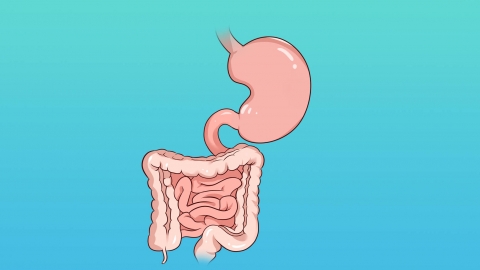Do you need to remove the shrimp vein from the baby lobsters?
The intestinal tract of the crawfish (commonly referred to as the "vein") should be removed to ensure food safety and optimal taste. Its presence may cause gastrointestinal discomfort. Detailed explanation is as follows:

The crawfish "vein" is part of its digestive system and typically contains undigested food residues and metabolic waste. If not removed, it may negatively affect the taste of the crawfish and pose potential hygiene concerns. Particularly when consuming whole crawfish, residues within the intestinal tract may cause an unpleasant taste or discomfort. Therefore, it is recommended to remove it before cooking.
If the intestinal tract is not removed, especially when the crawfish source is unclear or improperly handled, there may be increased health risks. Potentially harmful bacteria or other contaminants may exist in the crawfish vein, which cannot be thoroughly eliminated by simple washing. Furthermore, consuming inadequately processed crawfish may lead to gastrointestinal discomfort, particularly with wild-caught or undercooked specimens, which carry a higher risk of causing symptoms of acute gastroenteritis.
When preparing crawfish, the intestinal tract should be carefully removed, and the freshness and hygiene of the ingredients must be ensured to prevent adverse health effects due to improper handling.




